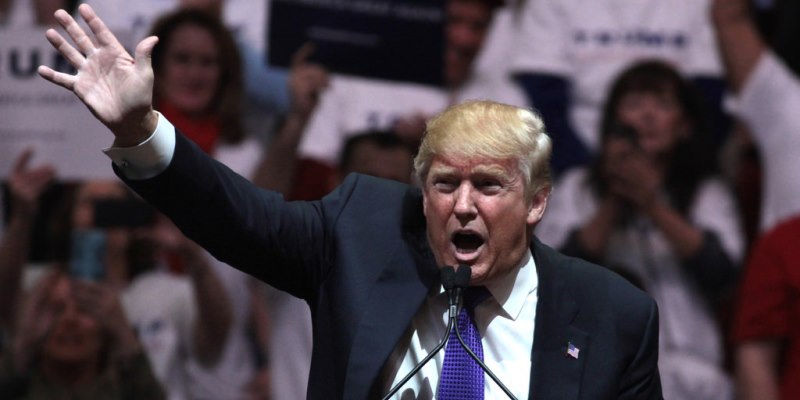In the evolving trade debacle with the U.S, Ottawa must act

The outlook for ongoing NAFTA negotiations grows dimmer by the day, notwithstanding the conciliatory statement by Mexico’s new president, Andres Manuel Lopez Obrador (known colloquially as AMLO). In a recent interview after exit polling showed he would win the Mexican election, AMLO said he supports reaching a NAFTA deal with the United States and Canada. And that he wants his own team of experts included in the talks, while letting the current team of Mexican negotiators continue their work.
While Obrador’s expressed openness is welcome, the evidence of the Trump administration’s trade autarky continues to mount. On the same day of Mexico’s presidential election, Trump said in a Fox News interview that he’s not happy with the revised NAFTA deal his administration has been hammering out with Canada and Mexico and that he does not want to sign any new agreement until after the U.S. midterm elections in November. Robert Lighthizer, Trump’s trade representative, also reiterated the U.S. position that a NAFTA sunset clause remains a precondition for further NAFTA talks—a precondition Canada and Mexico find unacceptable.
In fact, the requirements of U.S. trade negotiating authority mean that any trade agreement that needs Congressional approval must wait for a newly-elected Congress. Hence, the best case scenario is at least another six months of uncertainty about NAFTA amid continuing threats of additional U.S. trade actions, which will likely elicit retaliatory responses from U.S. trade partners. Particularly worrisome are Trump’s continued threats to impose a 25 per cent tariff on foreign-made cars as a follow-up to his imposition of tariffs on imported steel and aluminum.
Unfortunately, the Trump administration’s ongoing challenges to a rules-based trade regime so critical to Canada are unlikely to be reversed (or even blunted) before the November elections. Even if the Democrats capture a majority in Congress, there’s no reason to believe they’ll make challenging Trump’s trade policies a priority. Indeed, there’s little to separate the Democratic Party’s trade priorities from those of the Trump administration. Specifically, the broad imperative expressed by Democratic leaders is to protect American workers from foreign competition. So look for more political uncertainty around the bilateral trade environment up to—and perhaps even beyond—the 2020 U.S. presidential election.
Continued uncertainty promises to dampen capital investment expenditures by businesses, likely quite substantially. There’s plenty of empirical evidence that political uncertainty strongly discourages private-sector capital expenditures. Canada’s business investment environment is poorly positioned to withstand prolonged political uncertainty involving its largest trade partner.
For one thing, the growth of business capital investment in Canada has been slower than in most other developed countries over the past few years. And the recent reduction of the U.S. corporate tax rate and an increasingly more relaxed U.S. regulatory environment will likely divert capital investment from Canada to the U.S.
Against this background, there’s increasing urgency for the Trudeau government to signal it recognizes the challenges to business investment in Canada and that it’s prepared to substantially change Canada’s tax and regulatory regimes. A reduction in the corporate tax rate will directly promote business investment. While reducing personal tax rates, particularly marginal tax rates, and reducing or eliminating the capital gains tax, should encourage investments in new startups.
In this regard, the announcement by Ottawa, that it’s considering tariffs and quotas on steel to prevent other steel-producing countries from diverting steel exports from the U.S. to Canada, is misguided. Any such action would simply amount to a new tax on a wide-range of steel-using domestic producers (and their customers) at exactly the time when tax reductions should be the focus of the government’s economic policy.
If anything, the imposition of protective and retaliatory tariffs in response to the Trump administration’s adventures in mercantilism strengthens the case for substantial tax rate reductions in Canada to maintain the after-tax real incomes of businesses and households.

